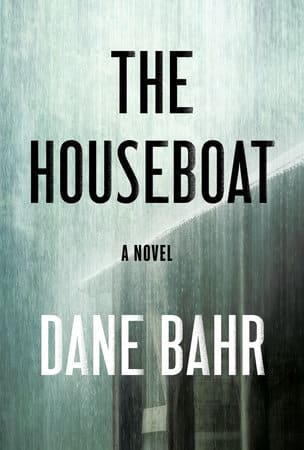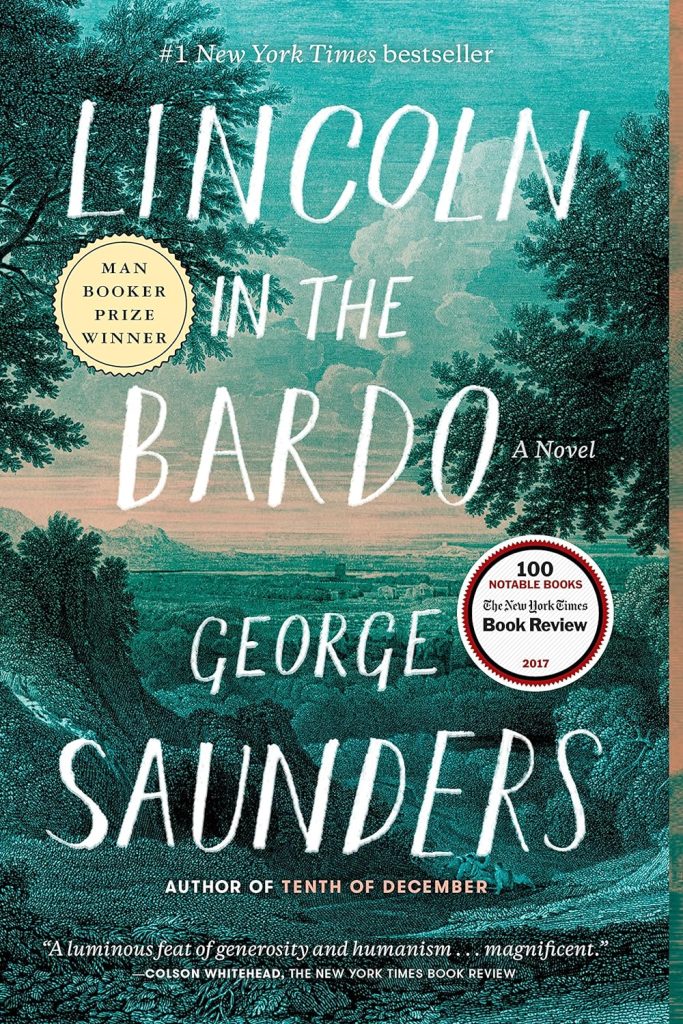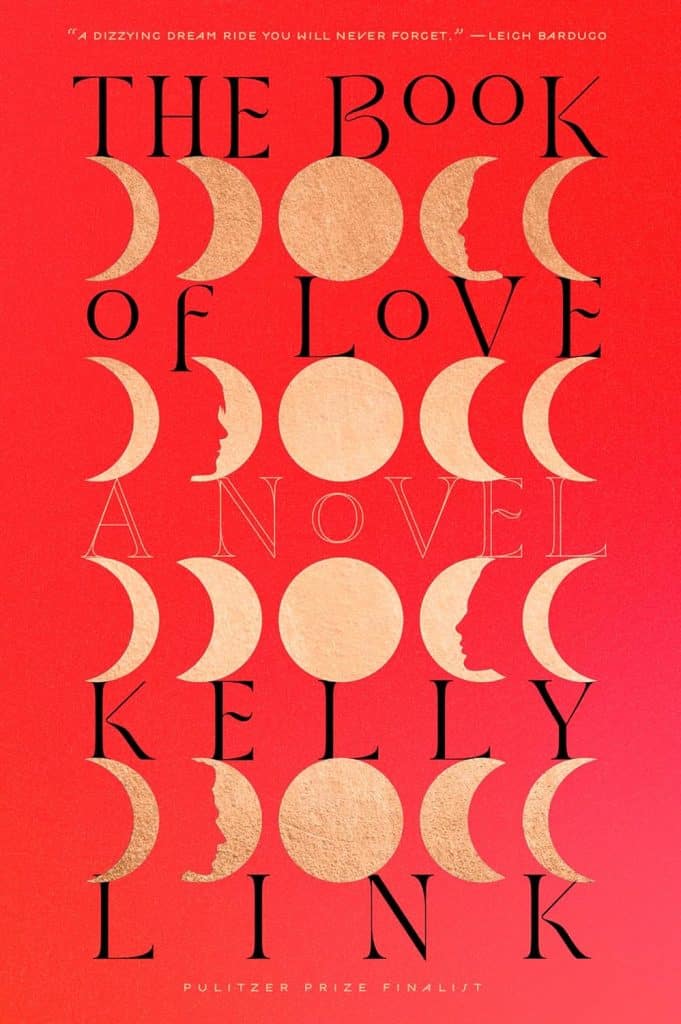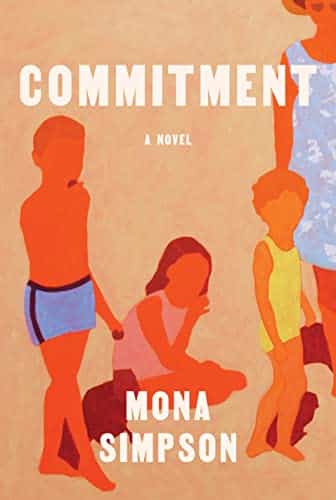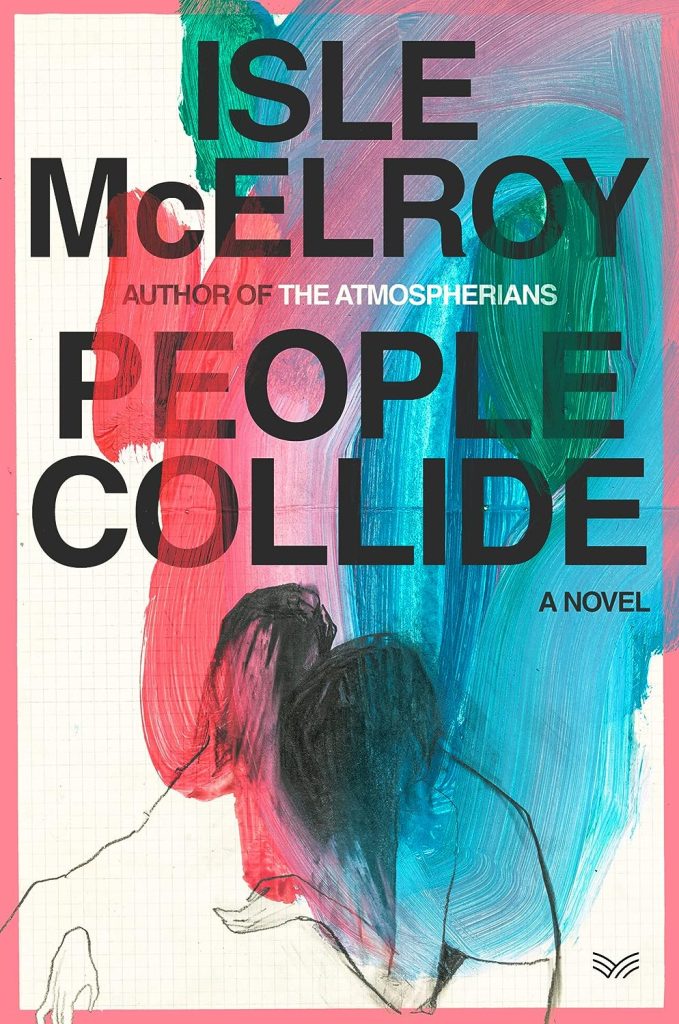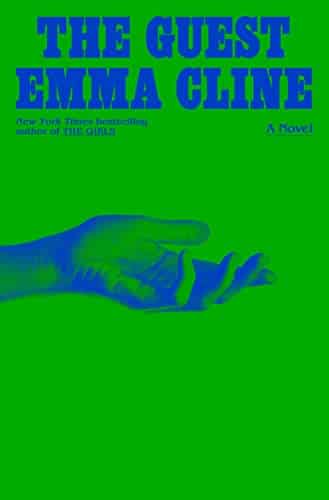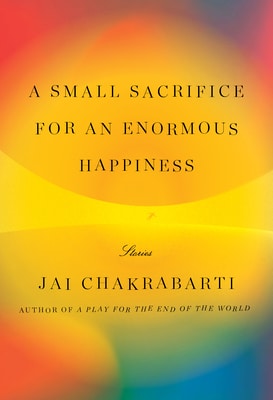
A Small Sacrifice for an Enormous Happiness
Estimated reading time: 2 minutes, 3 secondsI recently discovered an excellent short story collection called A Small Sacrifice for an Enormous Happiness: Stories by Jai Chakrabarti. This author won the National Jewish Book Award for debut fiction with his novel A Play for the End of the World, and it is clear that his talent extends to the short story form as well.
The stories in this collection follow men and women as they navigate transformations and familial bonds across countries and cultures. Each story is unique and captivating, but the one that struck me was the title story about a closeted gay man in 1980s Kolkata who seeks to have a child with his lover’s wife. Chakrabarti’s skill as a storyteller is on full display in this story and throughout the collection.
I highly recommend A Small Sacrifice for an Enormous Happiness: Stories if you want a book exploring love and family’s complexities in uncertain times. Each story is a masterful exploration of what it means to cultivate a family across borders, religions, and races. I look forward to reading more by Jai Chakrabarti in the future.
The Goodreads summary provides an overview,
In the fourteen masterful stories of this collection, Jai Chakrabarti crosses continents and cultures to explore what it means to cultivate a family across borders, religions, and races today.
In the title story, a closeted gay man in 1980s Kolkata seeks to have a child with his lover’s wife. An Indian widow, engaged to a Jewish man, struggles to balance her cultural identity with the rituals and traditions of her newfound family. An American musician travels to see his guru for the final time—and makes a promise he cannot keep. A young woman from an Indian village arrives in Brooklyn to care for the toddler of a biracial couple. And a mystical agent is sent by a mother to solve her son’s domestic problems.
Throughout, the characters’ most vulnerable desires shape life-altering decisions as they seek to balance their needs against those of the people they hold closest.
The Jan Lilien Education Fund sponsors ongoing sustainability and environmental awareness programs. Gifts made this month; I will match dollar-for-dollar. All donations are tax-deductible.
I receive a commission when you buy a book or product using a link on this page. Thank you for supporting Sharing Jan’s Love blog.


